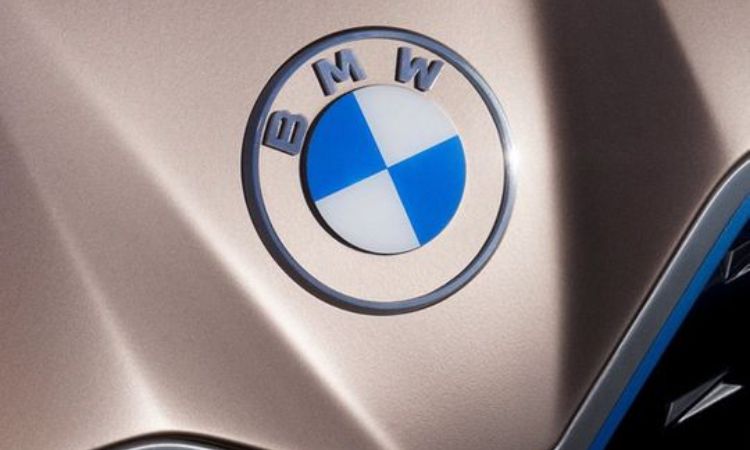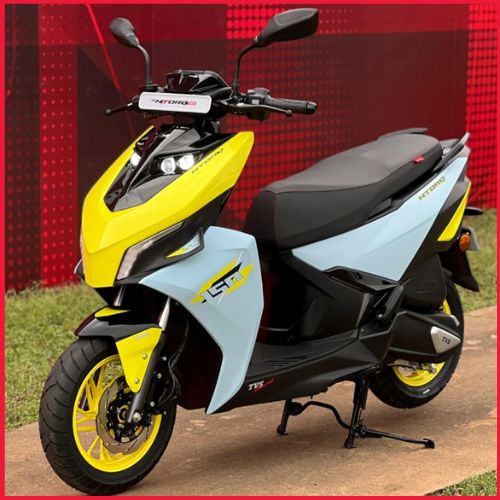After years of uncertainty relating to Brexit, Britain’s auto industry received a new boost on Monday when BMW (BMWG.DE) announced it would invest 600 million pounds ($750 million) at its UK plants to convert its iconic Mini brand to all-electric by 2030.

The Mini Cooper 3-door and the small crossover Mini Aceman will both be produced in Oxford by the German luxury automaker beginning in 2026. By 2030, the factory will only produce electric vehicles.
The same two models will be produced in China as well, with exports of those vehicles starting in 2024.
The announcement of the investment, which the government claims increased total investment in the automotive sector in recent years to over 6 billion pounds, will be made at the Oxford facility by British Business Minister Kemi Badenoch.
British Prime Minister Rishi Sunak stated in a statement that BMW’s investment “is another shining example of how the UK is the best place to build cars of the future.”
The automaker claimed that the UK government had supported the investment but gave no further information.
BMW will also make investments in the Swindon, UK, facility that produces parts for Mini automobiles. What will happen to the engine factory at Hams Hall has not been disclosed by the company.
The 1959 release of the original Mini, a compact, inexpensive, and quick vehicle, has maintained its popularity under BMW since the company revived the brand in 2001, but its future in Britain has been in doubt for many years.
The post-Brexit “rules of origin” require that 45% of the value of an electric vehicle (EV) sold in the European Union must originate in Britain or the EU starting in 2024 in order to avoid tariffs, which has left the industry on edge. However, both British and European automakers are appealing for a delay in the implementation of these regulations.















